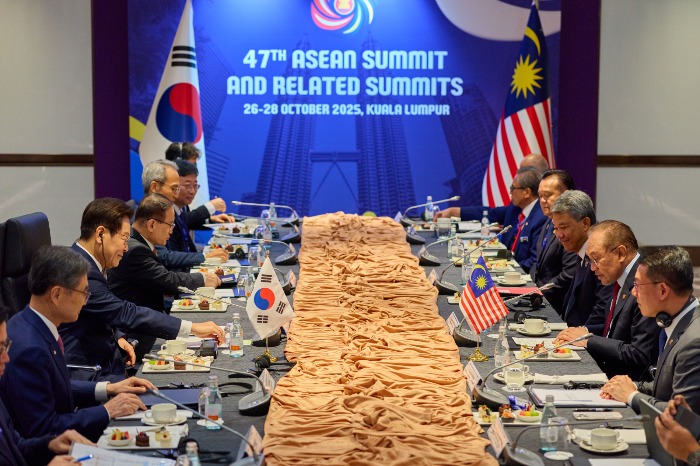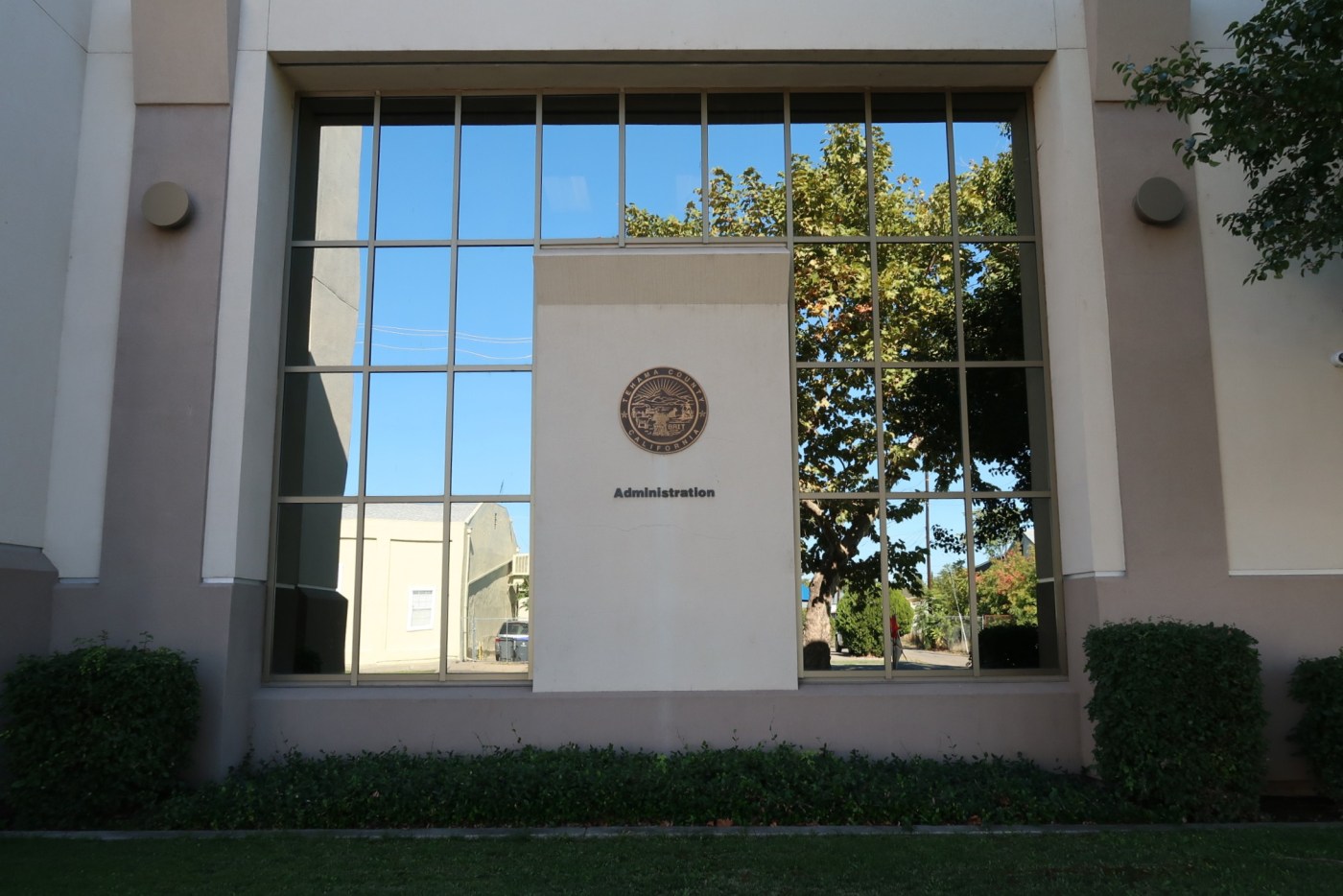UPDATE: In an urgent development, South Korea and Malaysia have finalized a significant free trade agreement during the 47th ASEAN summit in Kuala Lumpur on October 26, 2025. This landmark pact promises to boost South Korean exports of automobiles and steel products, marking a critical step in deepening economic ties between the two nations.
The agreement, finalized after six years of negotiations, is expected to reshape trade dynamics as South Korea looks to diversify its trade relationships beyond traditional partners like the United States and China. South Korean President Lee Jae Myung announced a bold aim to increase annual trade with ASEAN countries to $300 billion, a significant jump from $192.8 billion last year.
Under the newly signed deal, Malaysia will eliminate tariffs on 682 products, while South Korea will reduce tariffs on 288 products. This exchange opens the door for South Korean automakers to penetrate Malaysia’s rapidly expanding car market, the second largest in ASEAN, where local brands like Proton and Perodua dominate with a 70% market share.
Crucially, tariffs on electric vehicle components will be abolished, and duties on finished electric SUVs will drop from 30% to 15%. For steel manufacturers, tariffs on nine key cold-rolled products will be removed, while rates on hot-rolled steel will decrease from 15% to 10%.
In return, South Korea has committed to opening its market to Malaysian agricultural and marine products, including popular tropical fruits like durian and pineapples, alongside shellfish. Notably, Malaysia will also lift foreign ownership limits in its automotive sector, paving the way for increased Korean investment in electric vehicle production and assembly.
Officials anticipate that this agreement is not just a bilateral win but a stepping stone toward expanding free trade agreements with other ASEAN nations, building upon recent deals with Singapore, Vietnam, Cambodia, Indonesia, and the Philippines.
While the pact awaits domestic ratification in both countries, trade officials in Seoul expect it to significantly enhance economic cooperation and mitigate geopolitical risks amid the escalating US-China trade dispute.
Stay tuned for more updates as the situation develops and the impact of this crucial agreement unfolds.







